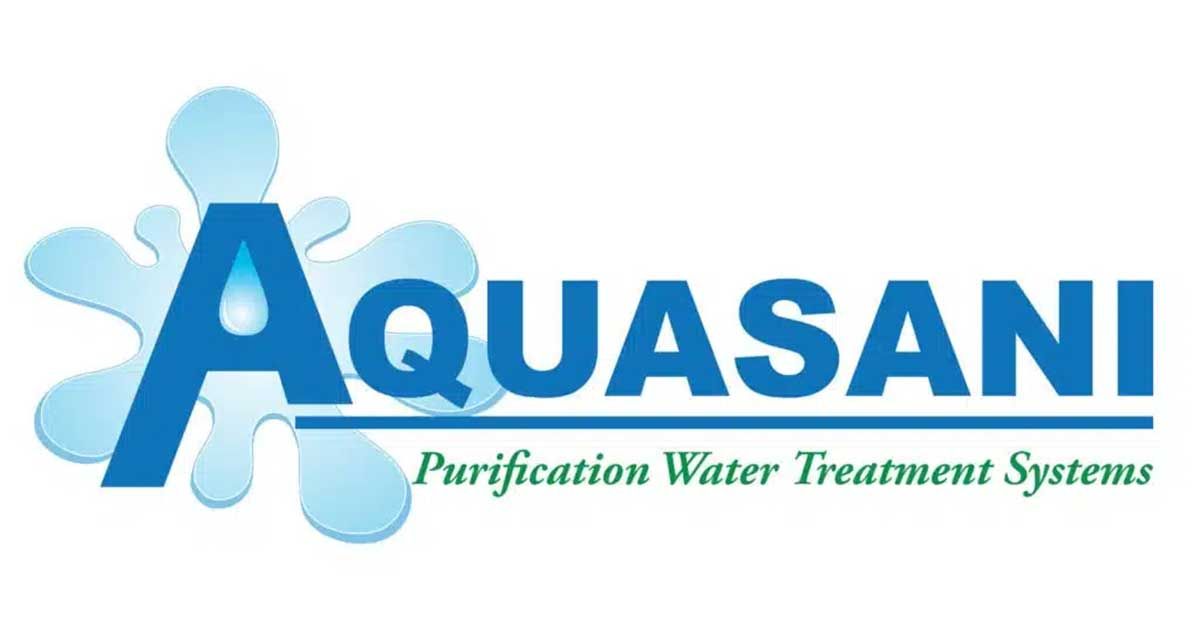Reliable Water Softening Solutions in Springfield, MO
Aquasani™ LLC, based in Springfield, MO, provides innovative water-softening solutions to improve water quality for homes and businesses. Hard water can damage appliances, increase energy costs, and leave stubborn mineral stains on fixtures. If left unaddressed, these problems can lead to costly repairs and reduced efficiency throughout your home.
Premium Water Softening Equipment for Every Need
Imagine dealing with continuous limescale buildup in your plumbing, stained clothing from hard water minerals, and high utility bills due to inefficient appliances. Hard water doesn't just affect your day-to-day living—it can reduce the lifespan of your pipes and water-dependent systems, creating ongoing frustrations and expenses.
Aquasani LLC offers high-quality water-softening equipment tailored to your specific needs. From compact units for small households to advanced systems for commercial properties, our products help reduce mineral buildup, protect your plumbing, and deliver cleaner, softer water. Our knowledgeable team will guide you through selecting the ideal solution, ensuring long-lasting results and satisfaction.
Why Choose Aquasani LLC for Water Softening?
At Aquasani LLC, we combine industry expertise with a commitment to superior customer care. As a trusted supplier in Springfield, MO, we take pride in providing state-of-the-art equipment that enhances water quality and supports your lifestyle. With durable products and a dedicated support team, you can trust us to keep your water-softening system running efficiently.
Don't let hard water cause unnecessary damage to your home or business.
Contact Aquasani LLC at 417-881-4000 to schedule your consultation and explore our premium water softening solutions.









